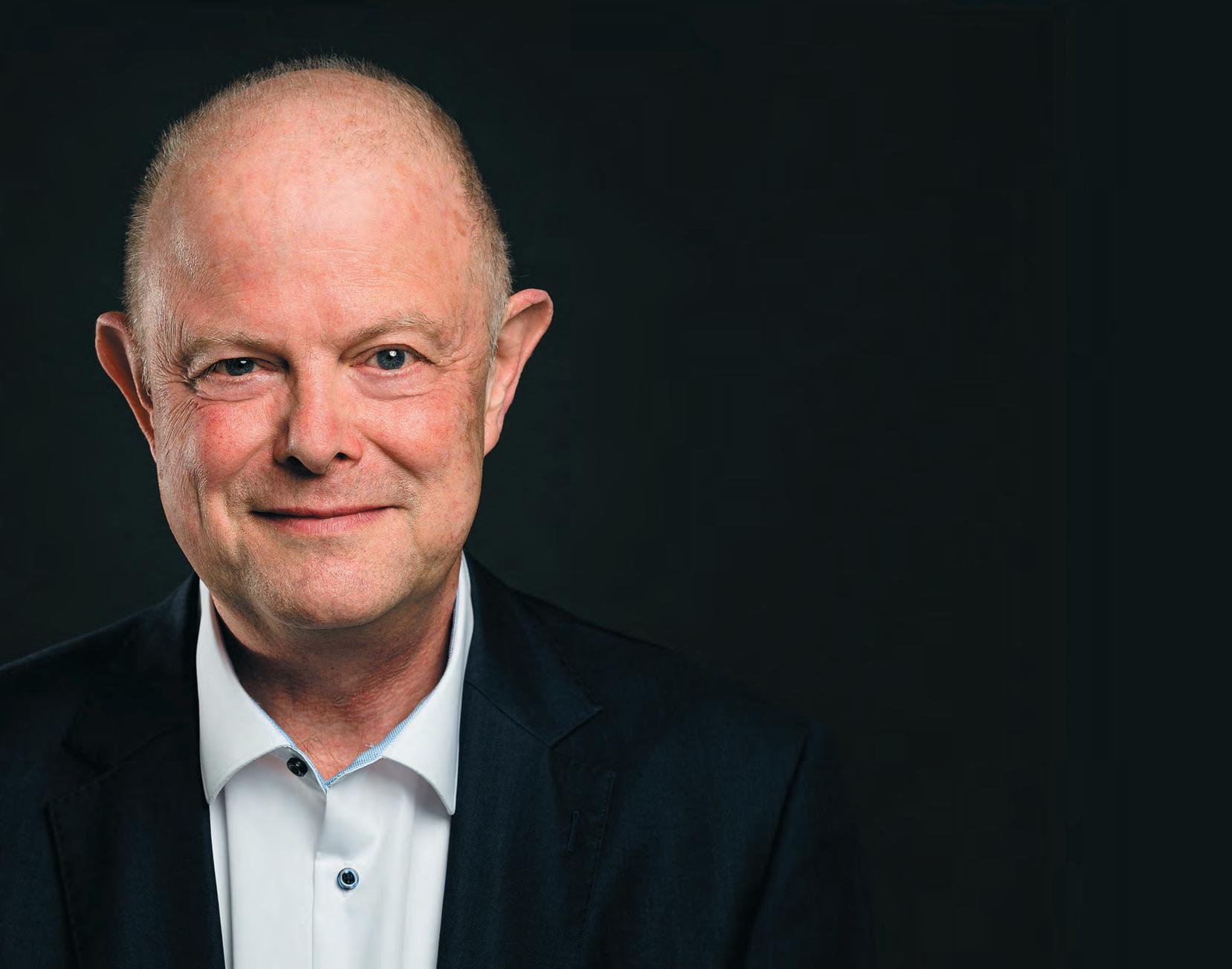
2 minute read
7 Our work in figures
Confidence also requires the possibility of controls. In this chapter you will find an overview in figures of our activities in 2019. We have also added previous figures for comparison in several cases.
Accreditations granted as at 31 December 2019
* These accreditations fall beyond the scope of the autonomous administrative authority
As in previous years, more than 50% of the increase in the total number of accreditations granted in 2019 is due to the transition of medical laboratories from the CCKL Code of Practice to ISO 15189. An effect of the approaching Brexit is also visible: for the most part, the relatively high number of new certification accreditations concerns certification bodies that have relocated their activities as notified bodies under the European directives to the Netherlands.
New accreditations
By Type
(number and processing time from application until decision)
*This is a weighted average
The total number of new accreditations fell in 2019. This is related to the completion of the transition of medical laboratories from the CCKL Code of Practice to ISO 15189. The number of new accreditations of medical laboratories in 2019 was 30; 19 fewer than the previous year.
In 2019, the average processing time of initial assessments for all types of accreditations was 319 calendar days. This is an improvement in relation to 2018, when the average processing time was 327 calendar days. However, the distribution of processing times is high, varying from 6 to 15 months.
Extensions of the scope of accreditation per type (number and processing time from application until decision)
Is there a relatively high number of extension projects for a specific accreditation standard?
Then this is due to the transfer to new versions of schemes, standards or regulations. These projects are handled as extension projects, but have a different dynamic then regular scope extensions, and therefore a shorter processing time. Projects of this nature were not an issue in 2019. The increase in the number of scope extensions for medical laboratories is in line with the number of accreditations for this standard.
The distribution of average processing times for extension projects is also high. It varies from 1 to 14 months. Over 99% of the extension projects receive a decision within 12 months. At 177 days, the average processing time per scope extension is somewhat higher in 2019 than in 2018.

Interpretation disputes
If an RvA assessment team concludes that a client does not comply with the requirements, the team will write a ‘non-conformity’. It may be that the client does not agree with the team’s interpretation of the requirements. In that case, the assessed party has the opportunity to issue an interpretation dispute. The processing of such a dispute indicates how the standard should be interpreted. In relation to 2018, the number of submitted dis- putes increased in 2019, from 65 to 90. However, the total number of admissible (and therefore processed) disputes has remained more or less the same over the last 3 years, hovering around 60.
In 2018 and 2019 we received a relatively high number of disputes concerning the ISO 15189 standard. The processing of these clarified the interpretation of this standard for all parties involved. We also included the results in the assessors’ training, wherein extra attention has been paid to the formulation of non-conformities. Furthermore, we have modified the procedure for handling disputes: the team leader is now the first to react to a dispute, by having another look at the formulation of a non-conformity. This often leads, in a short period of time, to more clarity regarding the non-conformity on the part of the client, or to a reformulation of the non-conformity by the team leader, thereby allowing the dispute procedure to be completed.









